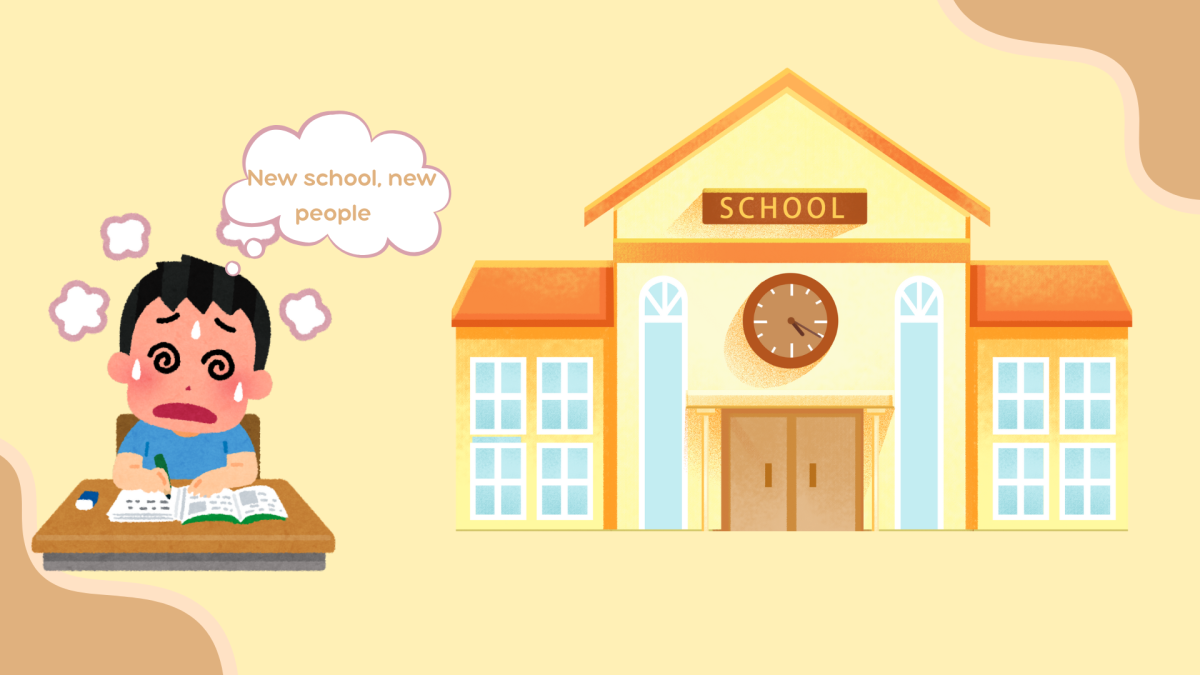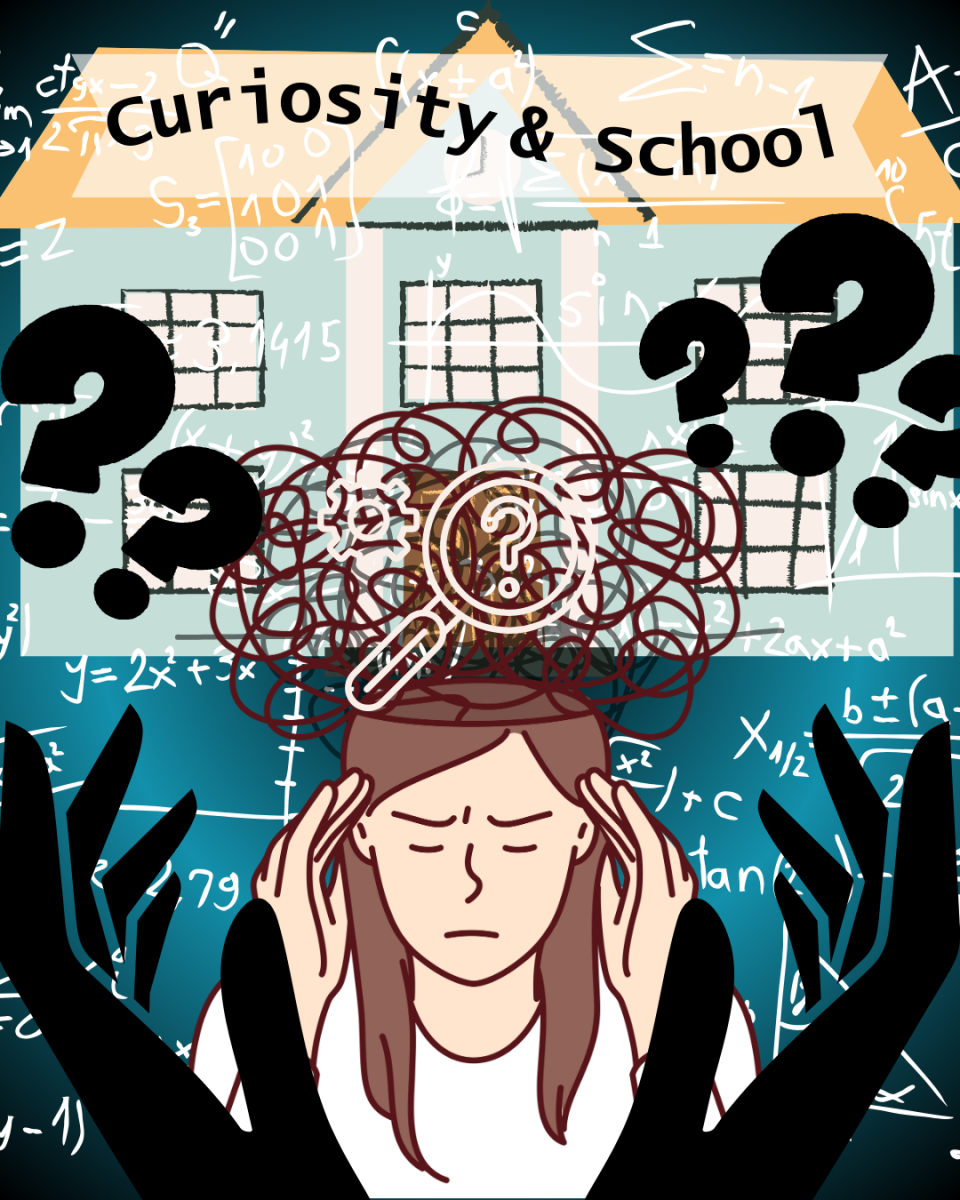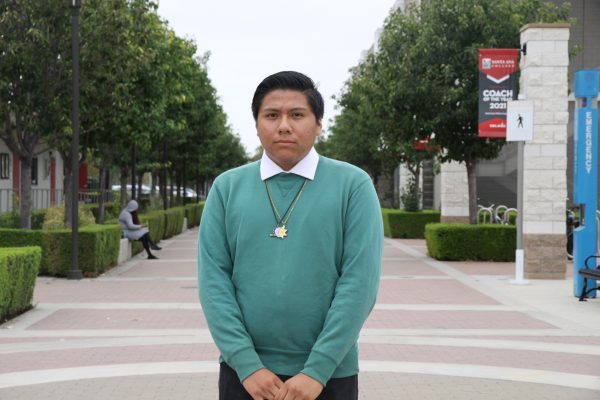The education system that students go through on a daily basis has been a monotonic displeasure in many of the youth. From emotional distress to mental unrest, it is evident enough to say something is wrong with our American school system. In my opinion, learning has been reduced to a negative experience for all humankind. In fact, it has long been normalized through generations that school is tedious, challenging, and unmotivating to the heart. But why is it so normalized?
In our everyday lives, we are constantly learning, consciously or unconsciously, via our interactions throughout the day. Some examples could include social media, news articles, YouTube videos, online researching, or even a friend telling you a fun fact. At all times our brains are learning and when it comes to entertainment, our brain is nothing more than engaged. Whether it be our favorite show or film, we find ourselves trying to find and learn about it. So, why can’t learning be applied in the context of school?
It is definitely not due to the fact that the youth is lazy and yearn for no work. Everyone enjoys learning, so it comes down to the fundamentality of the school system itself. To love to learn is to love knowledge and wisdom. It is essential to be educated citizens and future adults, not just for our sake, but for the sake of the world as well. The hatred of learning, this anti-intellectualism, has its roots in the way our school teaches, raises, and disciplines children from Kindergarten to the 12th grade.
This online article shares the thoughts of Engel, a professor of developmental psychology at Williams College in Williamstown, Massachusetts. An online article says: “When you visit schools in many parts of the world it can be difficult to remember they are full of active, intellectual children, because no one is talking about their inner mental lives. How well they behave, and how they perform seem much more important to many people in the educational communities. Often educational bureaucracies have shunted curiosity to the side.”
He continues on to question when do students get the right opportunity to ask questions that they are interested in, instead of obeying rules and fit amongst the idea of an ‘ideal student’. Many of these can be seen and experienced today.
Senior Daisy Villalobos explains her opinion, first hand experience, of how the school truly does feel to diminish students’ passion for learning, for work, for discipline and for hope.
“School is a good place to make connections and have an overall supportive environment. However, I do feel that school really does kill curiosity, mine included, since what we are actually able to learn in classes are limited due to lesson plans that most teachers have been using for years,” Villalobos said.
But this doesn’t mean Villalobos dislikes learning! In fact, it is quite the opposite, as she explains methods that help her understand concepts in ways that school wouldn’t even allow in their classroom curriculums.
“I learned really well with videos and activities that would require me to talk to the people around me. Social media is a great method of mine because it allows for me to connect with people with similar interests as me and oftentimes they know more than I do, so it’s great to be able to exchange information about our interests that way,” Villalobos said.
Times have changed and modernized thanks to new generations of technology and with new generations comes new perspectives. The old way of learning needs improvement to cater to the student’s interests, not to demotivate them or assimilate them into one way of thinking.
Junior Omar Peña elaborates his point on the matter on the education system as a whole.
“I do not particularly enjoy school, but I like the people here. I would enjoy school if there was more hands-on stuff rather than lectures. In my opinion, it just needs to be fixed. A majority of schools never adjust their lesson plans for students and have been using the same techniques from the Industrial Revolution. I would be much more passionate about learning if only it was interesting. The best way I learn is getting my hands on stuff with interactive games,” Peña said.
However, it is not complete black and white! Though there may be classes that are absolutely dull, there is a teacher here who is motivated, and has personally made an impact on myself, on making learning fun, exciting, and interesting for her students.
10th Grade English and 9th Grade Avid Teacher, Kathleen Peterson, explains her point of view from her teacher status and what she does to challenge students in a positive way that the school system has failed to accomplish.
“I do backwards lesson planning. What that means is that I start with the end and go backwards from there. With each aspect I teach I figure out what it is I want students to gain from it. What do I want them to learn? What are the big ideas? I need to understand those concepts before I figure out how to teach the material,” Peterson said.
She continues to say what methods she believes help students, her opinion regarding how curiosity and creativity are important in the educational environment, and how she makes her class engaging.
She continues to say what methods she believes help students stay engaged during class.
“I think that students need a variety of learning modalities. They need to learn through lecturing, through partner work, through small group work, and through individualized work. … If I had to say what method works best for student engagement, it would be partner discussions,” Peterson said
She emphasizes her opinion regarding how curiosity and creativity are important to utilize while completing assignments, like writing an essay.
“I would argue that writing an essay is a creative process — you must analyze the subject, come up with a point of view, and find a way to communicate that view effectively. The best essays have a piece of the author within them,” Peterson said.
In her words, Peterson wants her students to understand that learning in school isn’t just about getting the grade, but being actively interested in the subject itself.
“[She believes that]…explaining to students why we are learning something helps them to care, and therefore, be more engaged. I think that students sometimes forget their ‘why’ when it comes to school. They are here to learn. Many of them are lucky to be getting a higher education than their parents had. I get that there is a focus of ‘What do I need to know to pass a test?’ but I wish that could be replaced with ‘This is kind of cool. I want to learn more about it,’” Peterson said.
School can really be stressful, both for the student population, teachers, and staff. It demotivates us and drains us mentally to the point where all we want to do is arrive home and put on mindless entertainment, to have a break from the constant questioning of what you are going to do in the future to the pile of work ahead of you.
In my opinion, the current education system is teaching students in a single way, when in reality, the student mind works differently, understands differently, so when forced to follow a single strategy, it becomes confusing and frustrating. Education and learning is important, no doubt, but its system devalues that sentiment and essential skill. It needs modernization because a fully educated population is one that makes better choices, more responsible choices, more respectful actions, and creates a fairer impartial environment. Everything begins in childhood, school being a large part in everyone’s lives!


































